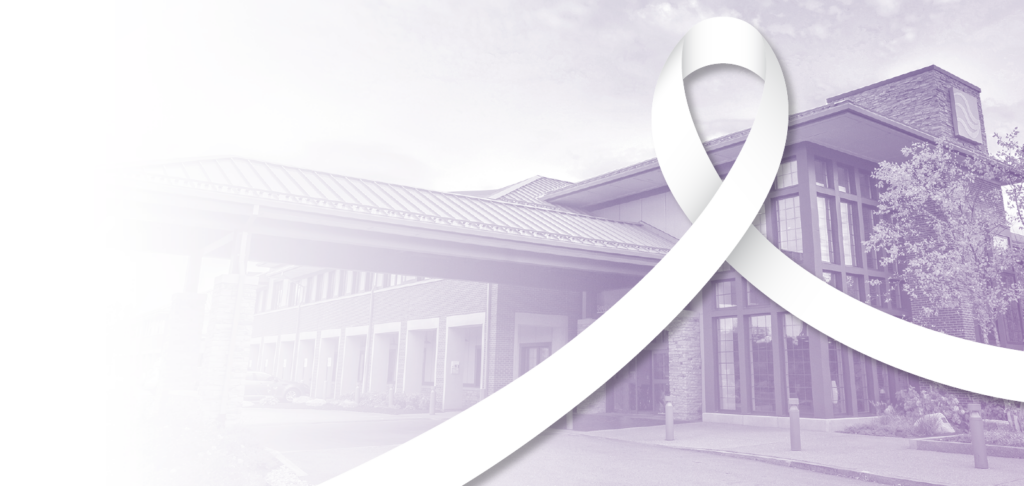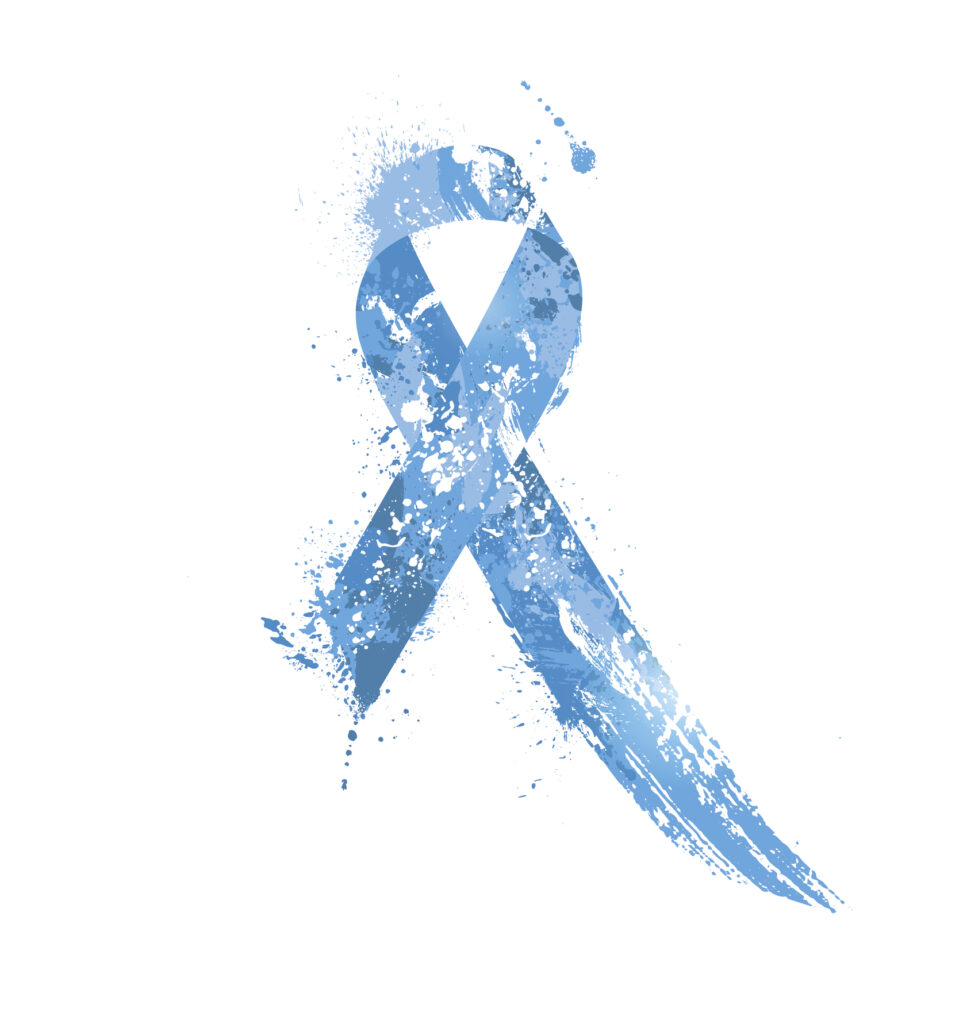Real Patients. Real Results.

Prostate cancer affects roughly one in every eight men in the United States. Screenings are key to a healthy recovery.
Read Herb’s story here.
Early Detection
In the fight against cancer, early detection can be a key defense, allowing for earlier treatment and improved outcomes. Southcoast Health is here to help to inform you about the importance of cancer screenings with convenient scheduling and advanced testing.
To schedule your screening, please contact your Primary Care Provider. Don’t have a Southcoast Provider? Use our Find A Doc tool to easily find the right provider for you!
Colorectal Exams
At Southcoast Health, we offer colorectal cancer screenings to increase your chances of early detection. Our screenings can help find precancerous polyps, so that they can be surgically removed before they have a chance to turn into cancer. Regular screenings can also help find colorectal cancer in the early stages, when treatments for this type of cancer work most effectively.
Certain risk factors increase the likelihood of developing colon cancer, including:
- Age — 90% of colon cancers occur in people 50 and older
- Family or personal history of colorectal polyps or cancer
- Genetics — 5 to 10% of colon cancers are related to mutations in genes and genetic syndromes
- Personal history of inflammatory bowel disease — ulcerative colitis and Crohn’s disease
- Type 2 diabetes
- Lifestyle factors, such as obesity, not exercising, smoking, poor diet and heavy alcohol use
To schedule your colorectal screening, please contact your Primary Care Provider to discuss your options. Don’t have a Southcoast Provider? Call 508-973-2222 or use our Find A Doc tool to easily find the right provider for you!
Lung Cancer Screenings
The Southcoast Lung Cancer Screening Program offers low-dose CT scan screenings to people who are at high risk for developing lung cancer.

Prostate Exams
While prostate cancer is a serious disease, its prognosis is often more positive than other cancers. Early detection is key to a healthy recovery. Southcoast Health provides various prostate cancer screening tests that will check for prostate-specific antigen (PSA) levels in your blood. The results of these tests can help you and your doctor assess your current risks for prostate cancer and come up with the best treatment plan if cancer is present.
Learn more about Prostate Cancer here.

Some prostate cancer risk factors include:
- Average risk: Start at age 55, if desired
- Follow-up: Every year until age 70
- High-risk screening: African-American men and men who have a first-degree relative on the father’s side with prostate cancer should begin screening earlier. Many doctors will perform a baseline screening for high-risk men starting in their 40s and start regular screenings when a high-risk patient turns 50.
To schedule your prostate exam, please contact your Primary Care Provider to discuss your options. Don’t have a Southcoast Provider? Call 508-973-2222 or use our Find A Doc tool to easily find the right provider for you!
Breast Cancer Screening – Why is it Important?
A mammogram screening can find many breast cancers before symptoms develop. Women should start getting annual mammograms between ages 40 to 45 depending on their breast cancer risk. Regular screenings, typically once a year, should continue as long as your doctor recommends. The most common symptom is a lump or mass. Others include:
- Change in size, shape or appearance of the breast or nipple
- Inverted nipple or nipple discharge that isn’t breast milk
- Skin changes on the breast or nipple
- Swelling of part or all of the breast
To qualify for the screening, you must meet the following criteria:
- Age 50 to 80
- Smoking history of greater than 20 pack years (calculated by multiplying the number of packs of cigarettes smoked per day by the number of years the person has smoked)
- If ex-smoker, quit within the last 15 years
- No personal history of previous lung cancer
